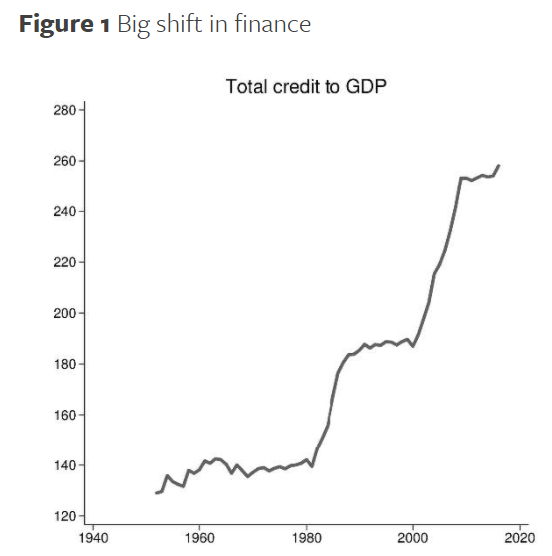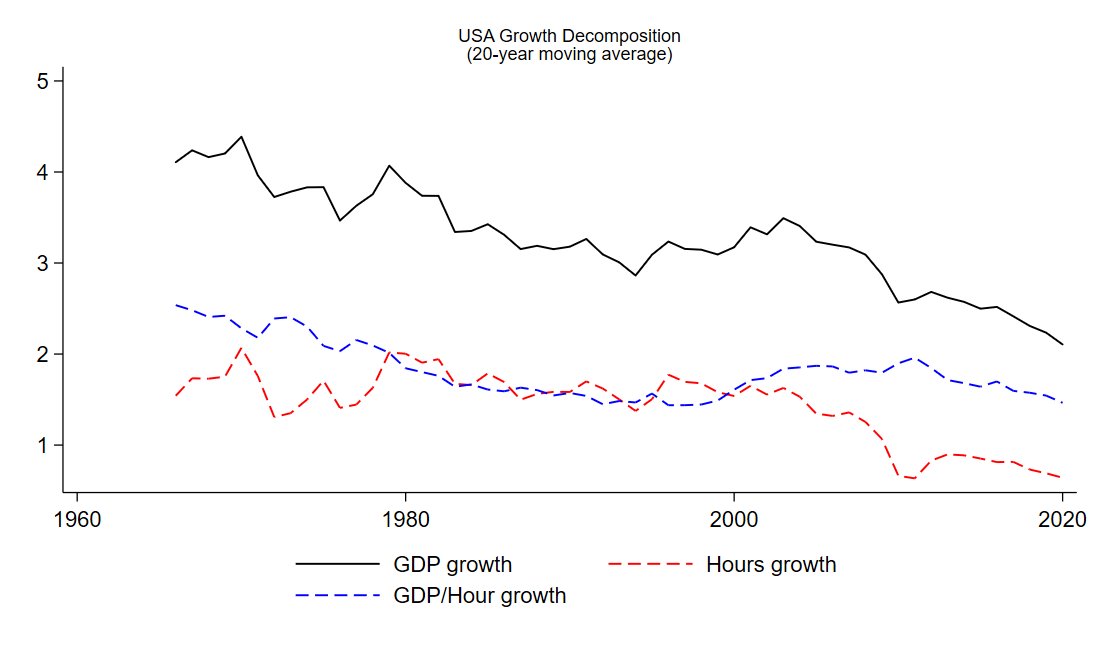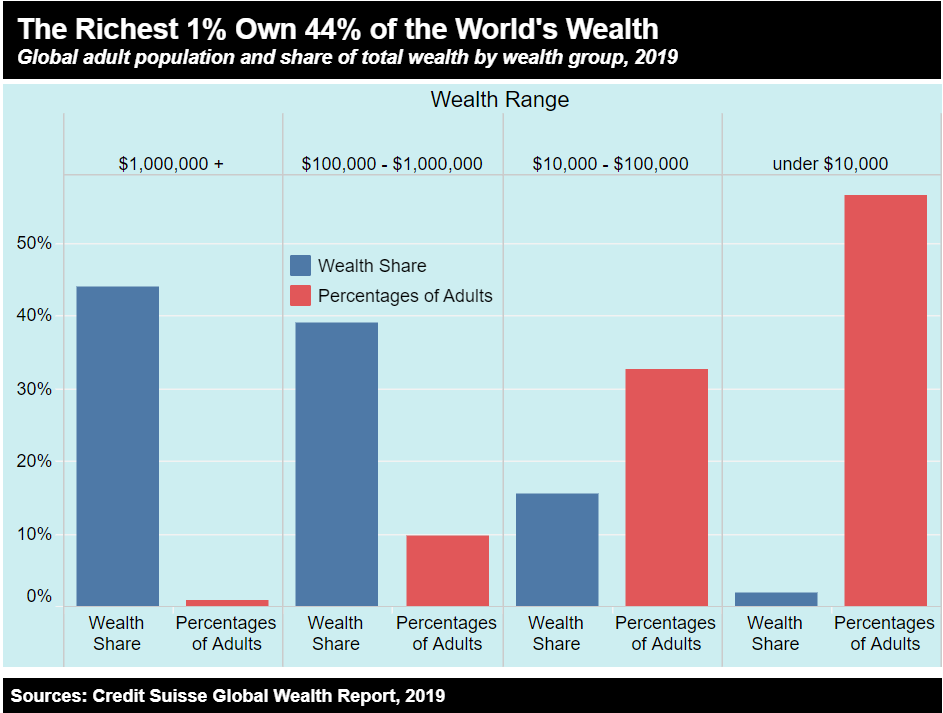
The administration is reviewing U.S. economic resilience - this is much needed
Why is it necessary? And how should one do it?
Why is it necessary? And how should one do it?
https://twitter.com/BrianDeeseNEC/status/1364601061995122690
Resilience => ability to absorb "shocks" such as disruptions in microchips or bursting of a bubble without major layoffs
An inability to do so is very costly. This study by @ojblanchard1 @LHSummers & Cerutti shows that short-run losses often become more permanent
An inability to do so is very costly. This study by @ojblanchard1 @LHSummers & Cerutti shows that short-run losses often become more permanent

So how can we make the U.S. economy more resilient?
There are two sides to it (as always)
The supply-side and the demand-side
The administration is currently focusing on the supply-side
There are two sides to it (as always)
The supply-side and the demand-side
The administration is currently focusing on the supply-side
The resilience of supply-side depends on the *production network* - i.e. which products are used as inputs to other products and so on.
This can get complicated
But it turns out there is a very intuitive answer to this problem:
This can get complicated
But it turns out there is a very intuitive answer to this problem:
Focus on the core "upstream" sectors that serve as inputs to highest share of output
@ErnestLiuEcon & Tsyvinski have a nice new paper on this question
scholar.princeton.edu/sites/default/…
This is what the administration is currently looking into .. a lot to do, to do it right.
@ErnestLiuEcon & Tsyvinski have a nice new paper on this question
scholar.princeton.edu/sites/default/…
This is what the administration is currently looking into .. a lot to do, to do it right.
Resilience is equally important on the demand side. Here the key intuition is "risk sharing"
The Achilles' heel of U.S. economy is that the cost of economic downturn falls disproportionately on those who are least able to absorb the negative shock
We all lose out as a result
The Achilles' heel of U.S. economy is that the cost of economic downturn falls disproportionately on those who are least able to absorb the negative shock
We all lose out as a result
This is what our book, house of debt, was focused on.
Unfortunately not much has happened to address this lack of demand-side resilience
I hope this changes too.
Unfortunately not much has happened to address this lack of demand-side resilience
I hope this changes too.
• • •
Missing some Tweet in this thread? You can try to
force a refresh







